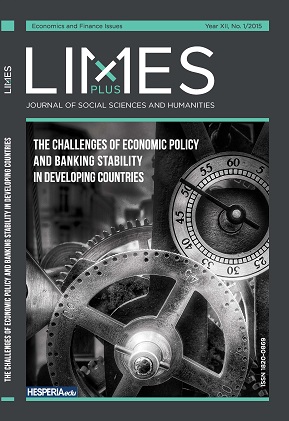Reaction of Banks and Monetary Policy to Fiscal Consolidation in Serbia
Reaction of Banks and Monetary Policy to Fiscal Consolidation in Serbia
Empirical Evidence and DSGE Simulations
Author(s): Miroljub LabusSubject(s): National Economy, Public Finances, Socio-Economic Research
Published by: HESPERIAedu
Keywords: fiscal consolidation; DSGE models; monetary policy; crowding-out
Summary/Abstract: The fiscal consolidation program in 2015 initiated a switch in the monetary policy of the National Bank of Serbia (NBS), and the commercial policy of banks. The NBS turned to monetary easing, which quickly reduced the effective repo rate and related market rates. The commercial banks switched away from lending to the corporate sector towards financing public debt. Lower interest rates brought about lower investment costs that had a positive effect on growth. However, a reduction in corporate lending upset growth and created illusions that a further increase in public debt was sustainable. The lesson learnt so far is that business climate depends overwhelmingly on measures of economic policy, but not entirely. Reaction of the Serbian banks, in the sense of providing more opportunity to the government for financing public debt, created an example of unexpected effects of the fiscal consolidation that increased default risks and uncertainties in the economy.
Journal: LIMESplus
- Issue Year: 2015
- Issue No: 1
- Page Range: 9-27
- Page Count: 19
- Language: English

